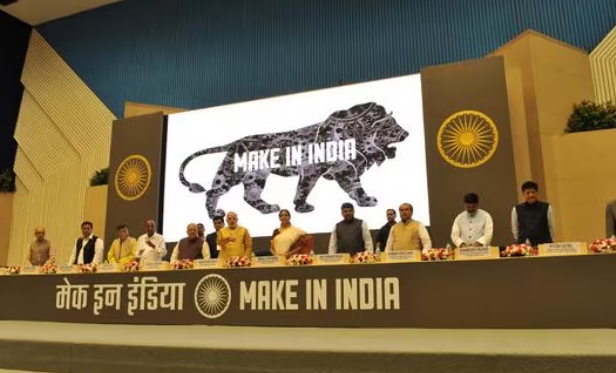
The pharmaceutical sector in India advances through the Make in India and Atmanirbhar Bharat initiatives to become the global leader of affordable quality medicines. The Department of Pharmaceuticals under the Ministry of Chemicals and Fertilizers operates as the leader to guide the nation toward achieving global leadership in affordable quality pharmaceutical distribution.
The global market for branded generics belongs to India primarily because pharmaceutical producers deliver high-quality products at competitive prices.
For example, India contributes:
-
55–60% of UNICEF's global vaccine supply
-
WHO receives nearly every DPT vaccine order it places from its suppliers
-
52% of BCG and 45% of measles vaccines worldwide
The Indian Pharmaceutical Industry: A Snapshot
-
India’s pharmaceutical businesses extend from formulation medicines to bulk pharmaceuticals and biotechnological products and vaccine manufacturing. It is globally respected for:
-
Advanced research and development capabilities
-
Large-scale, affordable production
-
Wide-reaching exports
-
Medical Devices: Building a Healthier Future
-
The medical devices industry in India fills a critical role in building a robust healthcare system. This sector serves as a decisive element for medical identification and therapeutic procedures together with illness operating procedures. Major categories include:
-
Electro-medical equipment
-
Implants
-
In-vitro diagnostic reagents
-
Surgical instruments
-
Consumables and disposables
-
-
The Make in India mission supports the medical devices sector through funding capital-intensive measures and technology-based solutions in addition to professional training initiatives.
Trade and Investment: India on the Global Map
-
The Department of Pharmaceuticals leads the evaluation process which results in the approval of Foreign Direct Investment (FDI) projects within the pharma and medical technology sectors. Between April and December 2024:
-
Pharmaceuticals coupled with medical devices attracted ₹11,888 crore from foreign direct investment
-
The approved brownfield development projects reached 13 worth 7,246.40 crore rupees
-
The Production Linked Incentive (PLI) Schemes
-
The Production Linked Incentive (PLI) schemes which started in 2020 help domestic production by rewarding manufacturers based on their performance goals while promoting exports and cutting down imports. The initiatives run parallel with the national vision of Atmanirbhar Bharat.
-
PLI for Pharmaceuticals
-
Tenure: FY 2022–23 to FY 2027–28
-
Budget: ₹15,000 crore
-
Beneficiaries: 55 selected manufacturers
-
Through this program the scheme encourages the manufacturing of valuable pharmaceuticals which comprise:
-
The scheme focuses on developing high-value pharmaceuticals that include Biopharmaceuticals, complex generics, patented drugs and gene therapies and orphan drugs.
-
The government supports the development of APIs together with Key Starting Materials (KSMs) and Drug Intermediates (DIs).
-
Public health-focused drugs: anti-cancer, anti-diabetic, autoimmune, and cardiovascular products
-
-
PLI for KSMs, DIs, and APIs
-
Tenure: FY 2020–21 to FY 2029–30
-
Budget: ₹6,940 crore
-
This scheme operates to decrease national dependence on imported drugs while targeting 41 pharmaceutical bulk medications.
-
Progress to date:
-
The invested amount reached ₹4,253.92 crore which surpassed the originally pledged ₹3,938.57 crore.
-
34 of 48 selected projects already commissioned
-
Example projects:
-
The government of Andhra Pradesh allocated ₹1,910 crore for Penicillin G development which led to expected savings of ₹2,700 crore from imports.
-
Funding of ₹450 crore from Clavulanic Acid operations enabled Himachal Pradesh to achieve ₹600 crore worth of import replacement.
-
-
PLI for Medical Devices
-
Tenure: FY 2020–21 to FY 2027–28
-
Outlay: ₹3,420 crore
-
The scheme targets implementation projects within four segments which include radiology, cancer care, imaging techniques, and implants.
-
Incentive structure:
-
5% of incremental sales
-
Category A: up to ₹121 crore
-
Category B: up to ₹40 crore
-
-
The establishment of Bulk Drug Parks operates to enhance manufacturing facilities through regional investments.
-
This new scheme originated in March 2020 to establish unique manufacturing areas that lower production expenses and boost domestic capabilities.
-
The drug park scheme operates under Gujarat along with Himachal Pradesh and Andhra Pradesh as approved states.
-
The program provides financial support of up to ₹1,000 crore to each park or its project cost at seventy percent level.
-
Total outlay: ₹3,000 crore
-
Pradhan Mantri Bhartiya Janaushadhi Pariyojana (PMBJP)
-
PMBJP guarantees that all people have access to cost-effective and top-quality generic pharmaceuticals throughout the country of India. Key initiatives include:
-
Public education on the benefits and safety of generics
-
The initiative promotes the adoption of generic medicine prescriptions throughout Indian government healthcare facilities.
-
The distribution network expansion strategy focuses on areas which lack proper access to pharmaceutical and healthcare products
-
On April 8th 2025 there existed 15479 Jan Aushadhi Kendras throughout the nation.
Strengthening Pharmaceuticals Industry (SPI) Scheme
-
The Central Sector Scheme entitled SPI operates to boost the operational abilities of the MSME pharmaceutical sector.
-
Budget: ₹500 crore
-
Duration: FY 2021–22 to FY 2025–26
-
The plan includes upgrading infrastructure facilities and enhancing regulatory systems for supporting research activities and employee training.
Conclusion: Toward Global Pharma Leadership
The pharmaceutical industry together with medical devices represent powerful symbols of India’s development in science and innovation and manufacturing capability. The PLI schemes with Bulk Drug Parks and PMBJP initiatives allow India to increase domestic production as well as decrease healthcare expenses and improve accessibility for its population.
The nation's sustained emphasis on innovation and self-reliance together with global partnerships places India optimistically to lead the development of quality yet affordable healthcare solutions which will benefit national and global health outcomes.



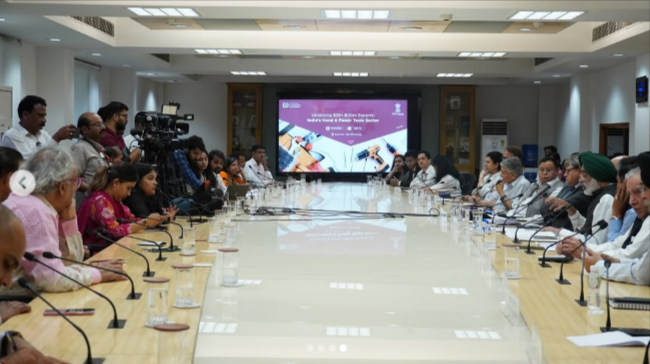 Unlocking India’s $25 Billion Export Potential in Hand and Power Tools Sector: NITI Aayog’s Strategi
Unlocking India’s $25 Billion Export Potential in Hand and Power Tools Sector: NITI Aayog’s Strategi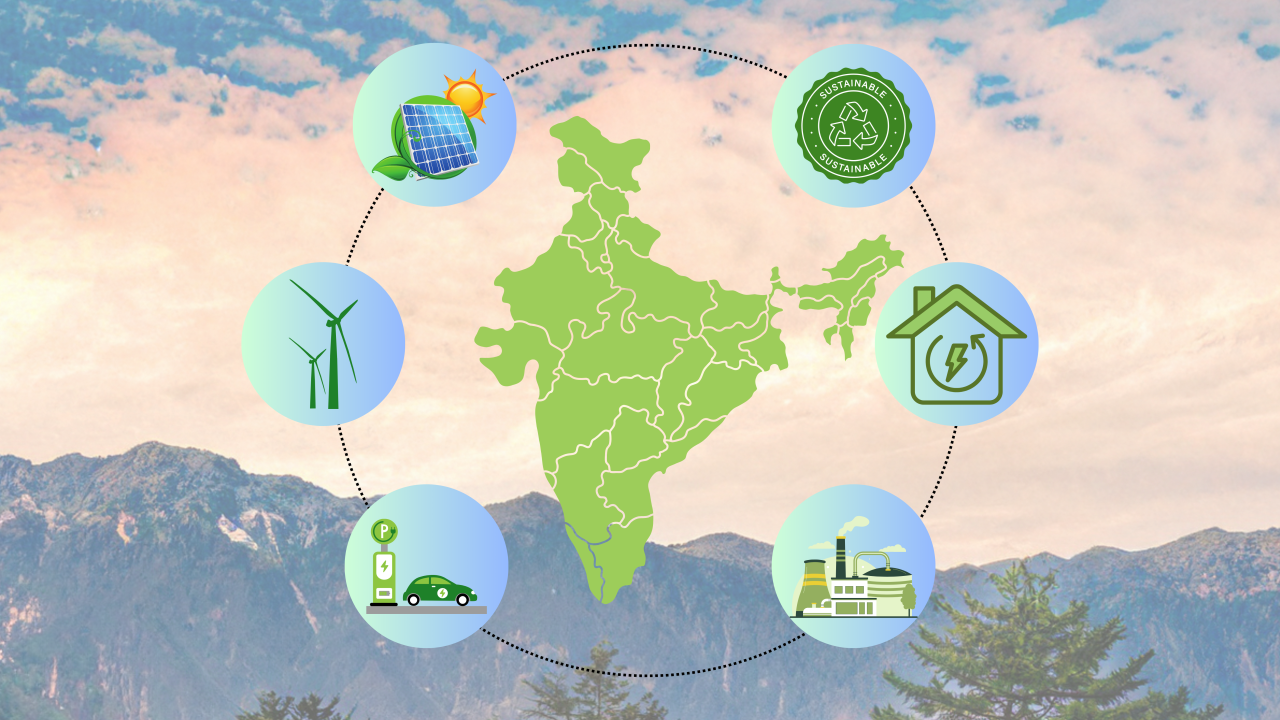 Synergising Hydrogen Generation and Electricity Storage: A Pathway to India’s Net-Zero Future
Synergising Hydrogen Generation and Electricity Storage: A Pathway to India’s Net-Zero Future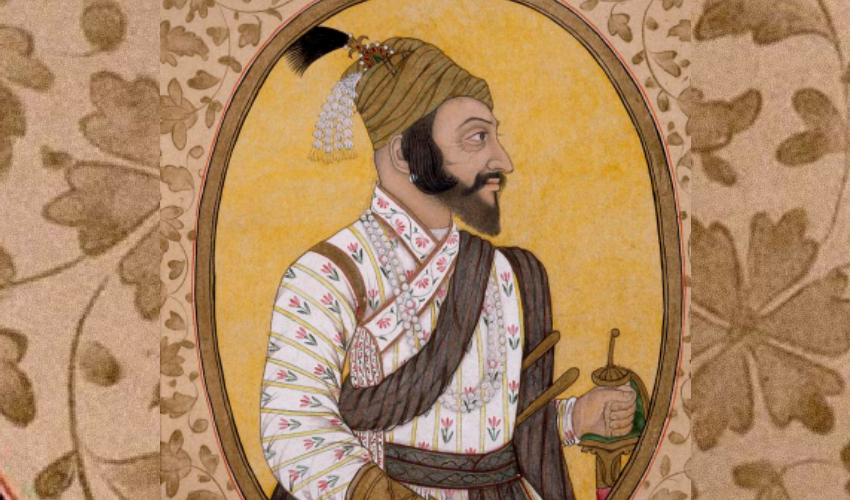 The Radical and Enduring Legacy of Shivaji Maharaj – A Pioneer of Governance and Military Strategy
The Radical and Enduring Legacy of Shivaji Maharaj – A Pioneer of Governance and Military Strategy Sarhul Festival: A Celebration of Nature and Adivasi New Year
Sarhul Festival: A Celebration of Nature and Adivasi New Year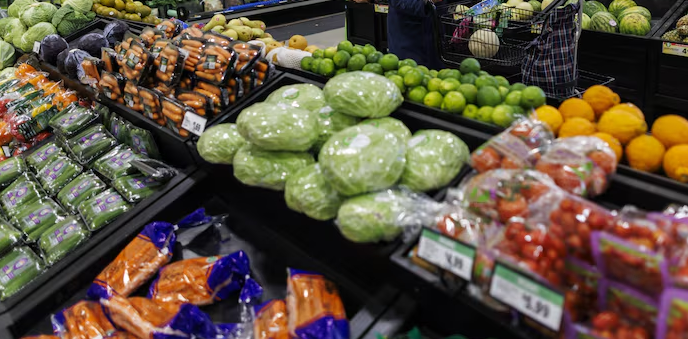 From Farm to Retail: Make in India’s Food Processing Revolution
From Farm to Retail: Make in India’s Food Processing Revolution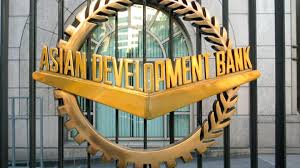 ADB-Funded SMILE Program to Enhance India's Logistics Efficiency
ADB-Funded SMILE Program to Enhance India's Logistics Efficiency India Achieves Significant Milestone in Global Tea Industry, Becomes World’s 2nd-Largest Exporter of
India Achieves Significant Milestone in Global Tea Industry, Becomes World’s 2nd-Largest Exporter of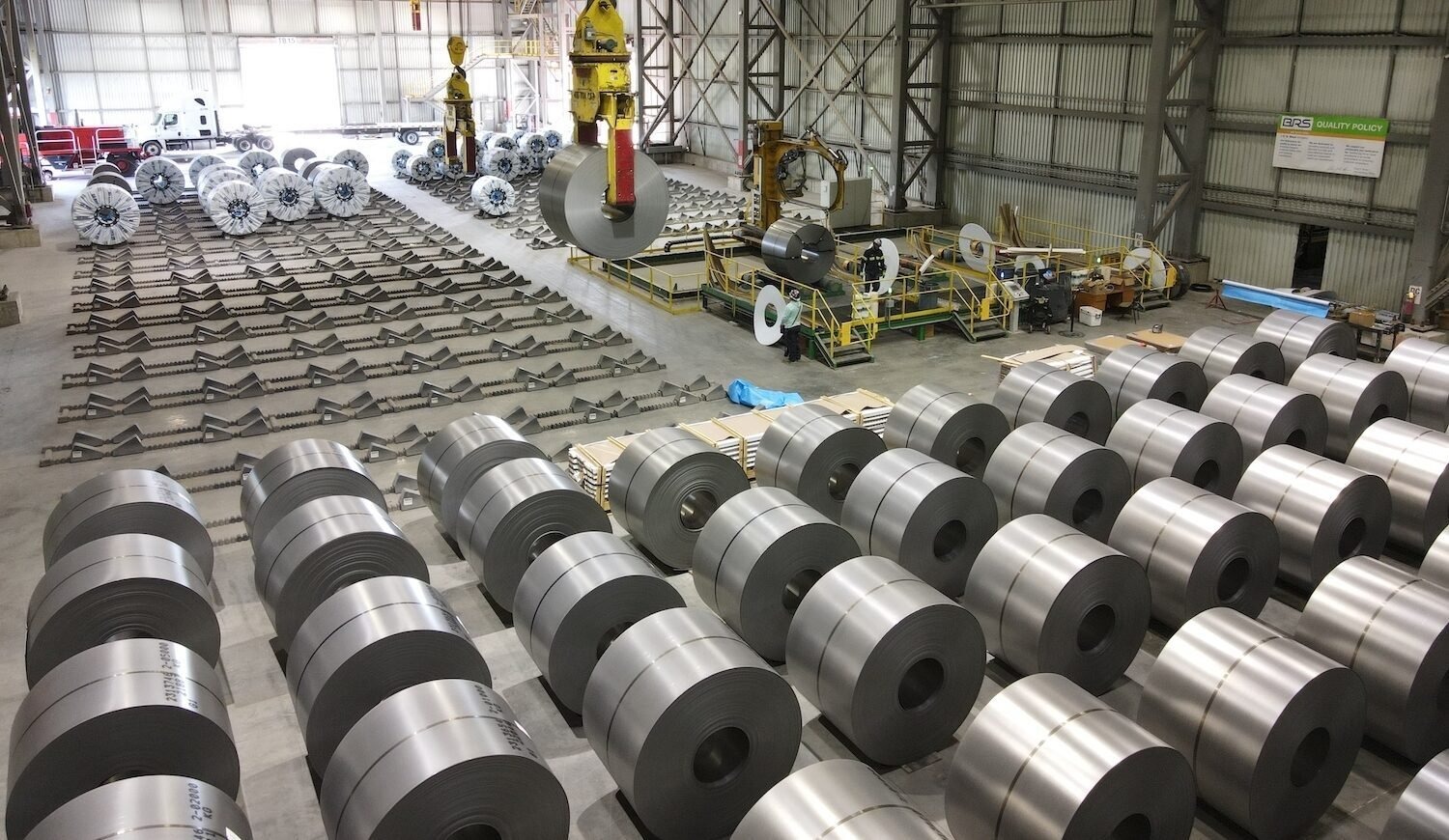 Green Iron: A Billion-Dollar Opportunity and the Challenge of Winning It
Green Iron: A Billion-Dollar Opportunity and the Challenge of Winning It JSW Steel Becomes the World’s Most Valuable Steelmaker with $30 Billion Market Cap
JSW Steel Becomes the World’s Most Valuable Steelmaker with $30 Billion Market Cap






